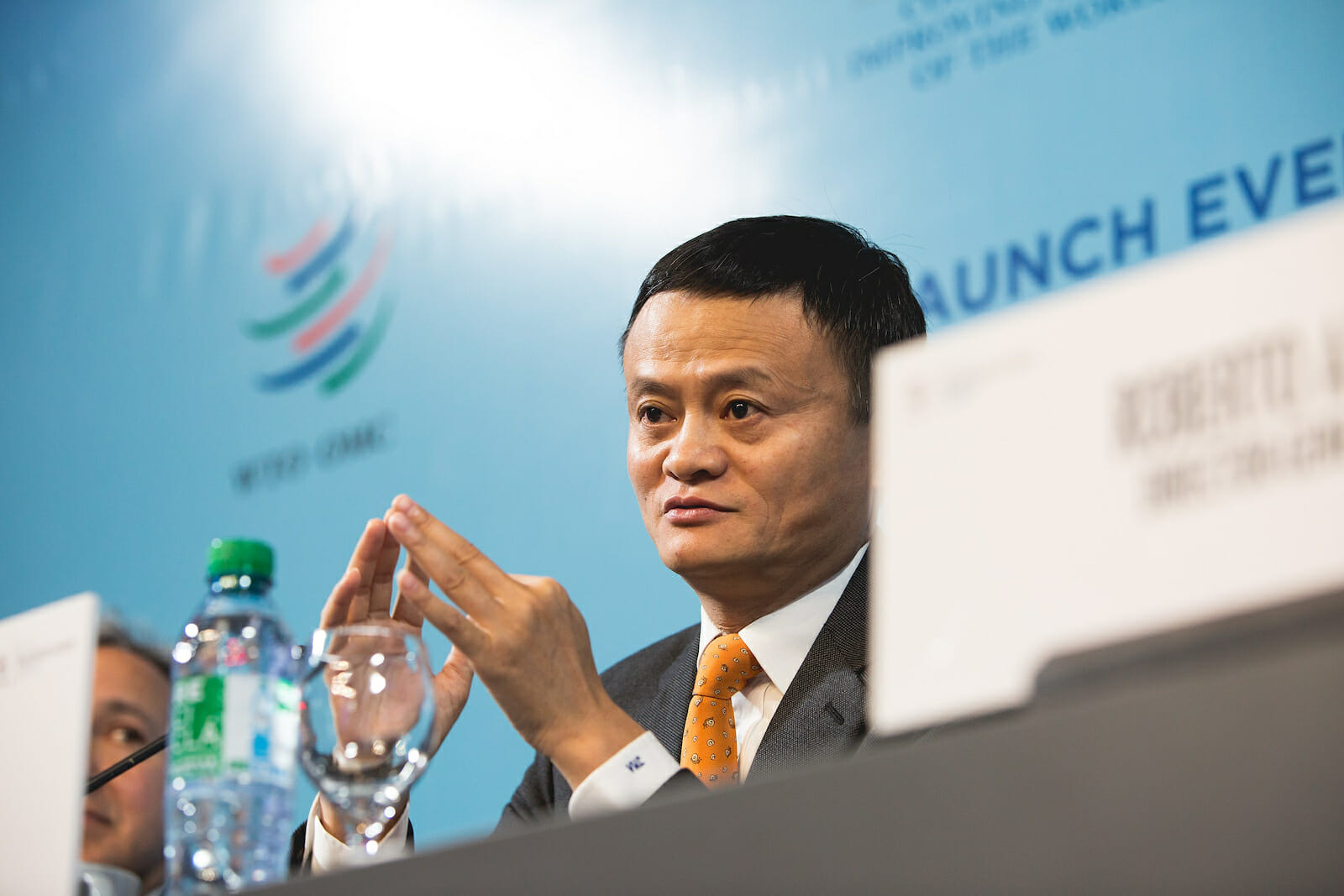‘Cayman loophole’ on docket for Chinese cyber giant

By Lin Nguyen From Asia Times
The Cayman loophole wouldn’t be so bad if it were well-intentioned. But rather than promote transparent valuation and equitable voting rights for US shareholders in Chinese firms, those who buy a holding company’s DVR (differential voting rights) shares are more often intentionally overrun in a vote to yank the listing from US exchanges. Companies like Qihoo 360 then go private and re-list on exchanges in Shanghai for a large multiple of their original value.
After I wrote in August about Chinese companies leveraging this loophole, Maso Capital’s lawsuit against Qihoo 360 is once again in the spotlight – a hearing in a Cayman Islands court is likely to transpire in early 2020 according to recently revealed documents. A settlement is still widely regarded as the likeliest conclusion, given that extended time in court would require more discovery than security companies like Qihoo 360 prefer, but the world is watching closely for any outcome. Action on either side of the suit will carry with it heavy implications, but even preliminary moves in the case have raised hackles.
Unscrupulous delisting
Re-listed on the Shanghai Composite for an astounding US$62 billion, Qihoo can absolutely afford to settle, but evidence (or lack thereof) shows that the cybersecurity company is more than willing to delay discovery and withhold documentation when faced with an order to comply. Maso and other shareholders simply want fair value for their equity, but mediation has yet to be announced, and without consequence thus far. Inconsistent replies to requests and other smokescreen tactics are a staple in the toolbox of loophole-abusing companies, and when encountering this type of muddying, courts are unable to distinguish between “worrying negligence” and a willful effort to conceal material information.
Regardless of how the case concludes, it has already highlighted an idea that concerns financial regulators and may become a sticking point in any future trade deals; listing regulations must be stricter and skew in favor of protecting shareholders over companies. If they fail in this effort, all plaintiffs can do is throw money at lawyers and learn a hard (and expensive) lesson until regulations appropriately address the loopholes. When one side of a case is successfully able to throw a wrench in the works to this degree, it can only result in a type of endless litigation that represents a windfall for law firms alone.
Lawyers’ feast
With no judgment in the case having yet arrived, the battle taking place is outside the courtroom for now. Lawyers for Qihoo 360 can bare their teeth all they like at Maso’s legal team, but for now the stalemate is an expensive circus. No progress on a settlement has been forthcoming, and so for both sides, lawyers seem to be the only source of money changing hands. The court still needs to decide whether Qihoo 360’s privatization and subsequent devaluation was intentional, but in the meantime Maso’s lawyers use their occupation of Qihoo 360’s time to exert pressure on the company’s Shanghai-listed shares.
This is a real threat for Qihoo 360, which has examples like Shanda Gaming to look toward as an indication of what could happen if a judgment imposes a resolution. Shanda was forced to pay former investors 80% more than what the company was valued at pre-privatization, and also suffered significant reputation damage that weighed on its stock price thereafter. It’s still worth more than it was before this loophole was used, however. Cayman Islands court judgments can go either way and are ultimately a bad thing for both plaintiff and defendant until a resolution or mediation is obtained, but the status quo is demonstrably better for Chinese companies.
A lose-lose for investors
Investors want to be made whole quickly and avoid paying enormous legal bills to lawyers who must struggle to enforce poorly conceived cross-border legal structures. In parallel, Chinese companies really only need to preserve the loophole and deceive the system to avoid scrutiny and embarrassing revelations that may unfold during the discovery process. When a company like Qihoo 360 decides that avoidance of mediation and clouding of the discovery process is preferable, it’s the investors who invariably lose. Chinese companies currently determine the arena in which they play, but they have an advantage everywhere.
A judgment could take a long time, supplying the plaintiff’s lawyers with an ideal situation to enrich themselves. For suits like that against pharmaceutical giant Wuxi, which still hasn’t been resolved, plaintiffs are left eventually to bleed out under the burden of their legal strategies. Ultimately, a resolution as harsh as that against Shanda Games is a loss for investors, which is why Qihoo 360’s case has so much riding on it. A successful delisting, privatization, then re-listing will have astoundingly lucrative results for a Chinese firm, so it makes sense to try as long as the loophole is open – and it still is, for now.
For more on this story go to; https://www.asiatimes.com/2019/12/opinion/cayman-loophole-on-the-2020-docket-for-chinese-cyber-giant/





